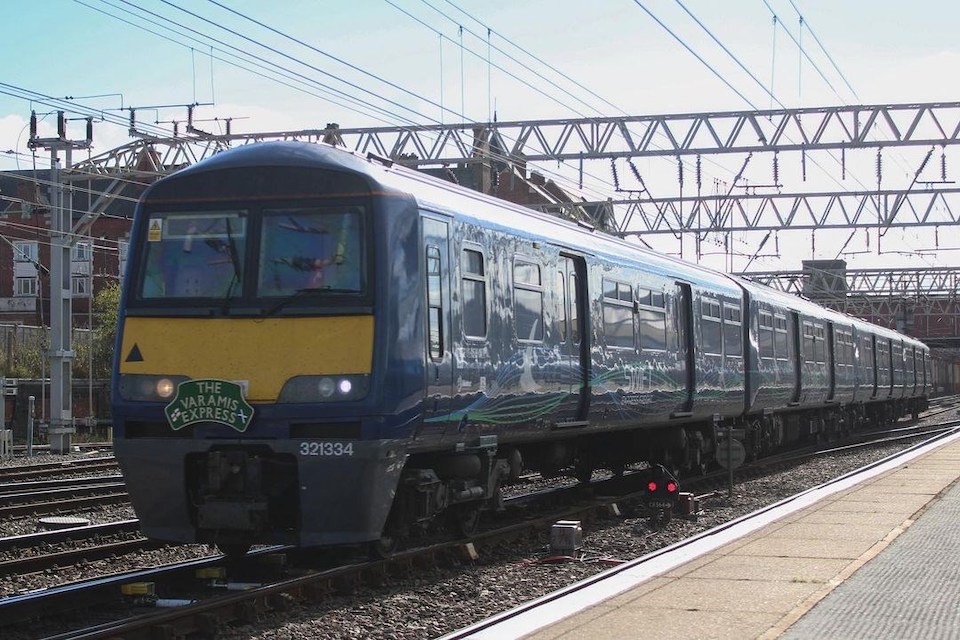UK logistics operator proves high-speed rail can be low-emission

Specialist express logistics conveyor InterCity RailFreight has been promoting its low-carbon credentials. They were among several stakeholder groups taking part in the debate on the future of logistics within the context of high-speed rail development in the UK. ICRF has made a name for themselves in the niche market of premium express logistics using space on existing passenger services.
Last week, the company was represented at the High-Speed Rail Group conference in Birmingham, which addressed the future prospects for logistics on the rails. It was a sector the railways used to dominate, before abandoning the old parcels network in the 1990s, at the time of privatisation of the industry in the UK. Now the pendulum has swung back in favour of the service, and ICRF says its low-carbon model makes a strong case.
Switch from road to high-speed rail
Their so-called “hub and bespoke” service has seen cargo as diverse as medical supplies and premium quality seafood transported by train to passenger stations for delivery by low-carbon (often bike courier) to customers in hospitals and high-end hospitality venues, as well as other clients. “Many people look to us to help solve the pressing issue of carbon and net zero, but what does a switch from road to high-speed passenger rail really mean”, asks their presentation.

Other operators are either preparing their case or are in the market already. Along with ICRF, celebrated independent Varamis Rail were in on the debate and keen to point out that their dedicated express logistics service is also running on an Anglo-Scottish route. Major rail freight operators are taking their own steps to grab a share of a resurgent market. Varamis uses repurposed passenger electric multiple units, and ICRF operates actual passenger trains. Other operators are looking for their own bespoke solutions. That may well mean new rolling stock, which suggests an involvement from the leasing companies and a long-term commitment to re-entering the sector.
Literally switched off a dedicated diesel van
InterCity RailFreight has already been a discreet presence on the Great Western Main Line from Cornwall to London. Varamis is an overnight sight for nighthawks on the West Coast, but the real winner, say both companies, is the environment. “Take the example of Sheffield”, say ICRF. “[It is an] important freight hub for us where recently we have a new customer. They literally switched off a dedicated diesel van and switched to our [service]. For that particular [road] vehicle, the carbon footprint of the outbound journey was 65kg of carbon emitted. The carbon footprint of adding 300kg of tote boxes to [a] train? Negligible, bordering on zero.”
In agreement with the delegates at the High Speed Rail Group conference, express logistics belongs back on track, and if that means even fresher fish at high-end restaurants around the UK, that can be more than just a carbon-free premium. That’s also good news for producers around the UK.
You just read one of our premium articles free of charge
Want full access? Take advantage of our exclusive offer





